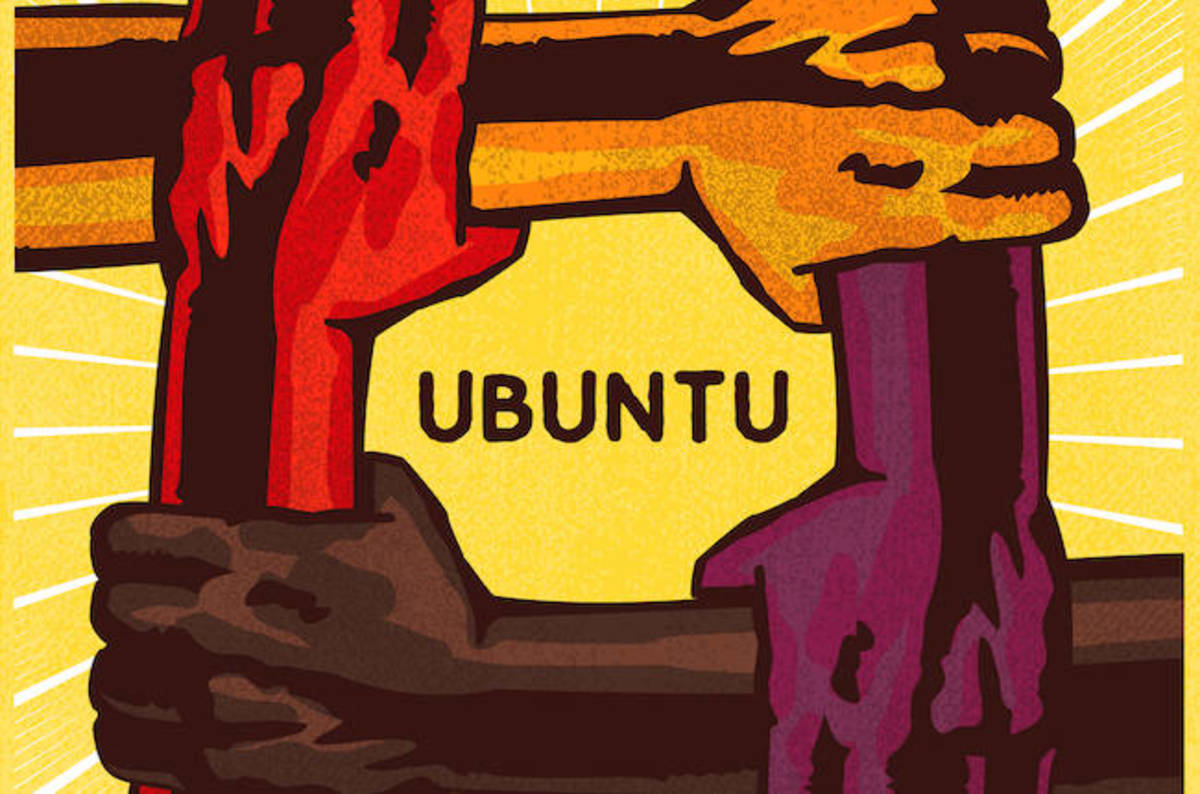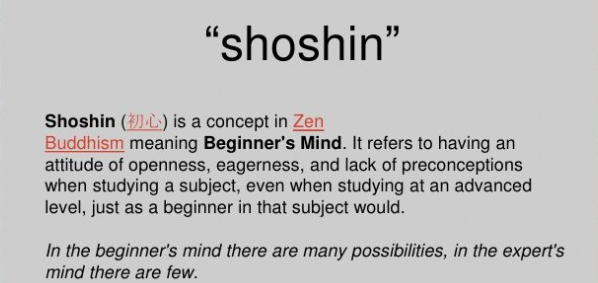
[Flash] Do You Lead with Ubuntu?
Ubuntu (oo-boon-too): an old African word meaning “humanity,” beautifully translated as, “I am because we are.”
Essentially, we can only experience our humanity through our interactions with others.
Ubuntu compels us to look after each other with kindness, compassion, and generosity of spirit.
I discovered Ubuntu staying at a Radisson. It was 3:00am when I called the front desk looking for some medicine for a deep cut on my ankle that I had ignored all day. The throbbing became unbearable.
Sheila answered the phone, but couldn’t even locate a Band-Aid. Distressingly I winched, “Then I’ll need to find a 24-hour pharmacy…”
Quickly discerning my pain, Sheila announced, “Wait! Let me see what I can do.” She then enlisted a colleague to cover the front desk while she ran across the street to another hotel to find some medicine for me. Sheila met me in the lobby with pain-relieving ointment, bandages, and a lot of sympathy.
In our short interaction, Sheila alleviated my pain, saved my meeting the next day, and inspired me with her patience, resourcefulness, and benevolence.
That’s the power of Ubuntu!
Like Sheila, in any moment, we can lead with Ubuntu
Once we realize that we are who we are because of (not in spite of) the people we work with, we can intentionally embrace opportunities to make a difference.
How?
- Listening to and learning about others
- Mentoring, coaching, sponsoring others as they pursue goals
- Recognizing, appreciating others and celebrating their wins
- Being patient in the midst of pressure
- Seeking first to understand in the face of judgment
- Going out of our way to help and contribute
We don’t get paid for bringing Ubuntu to our jobs. But leading with Ubuntu, we have the power to be not only better leaders, but better human beings.







